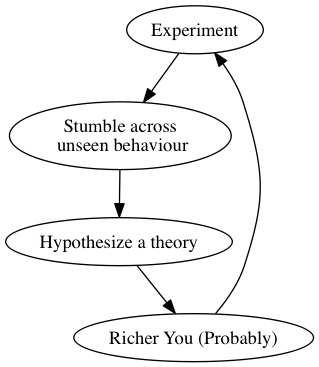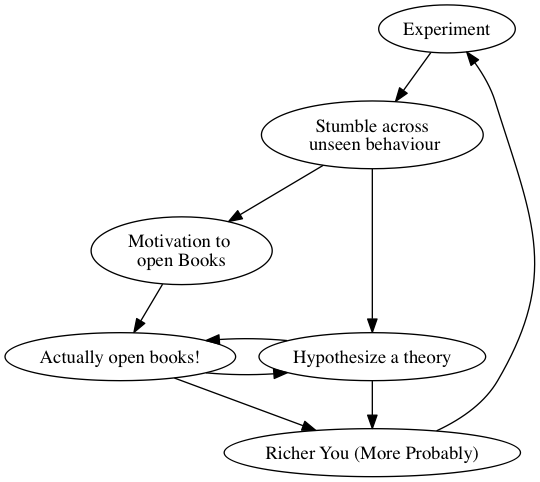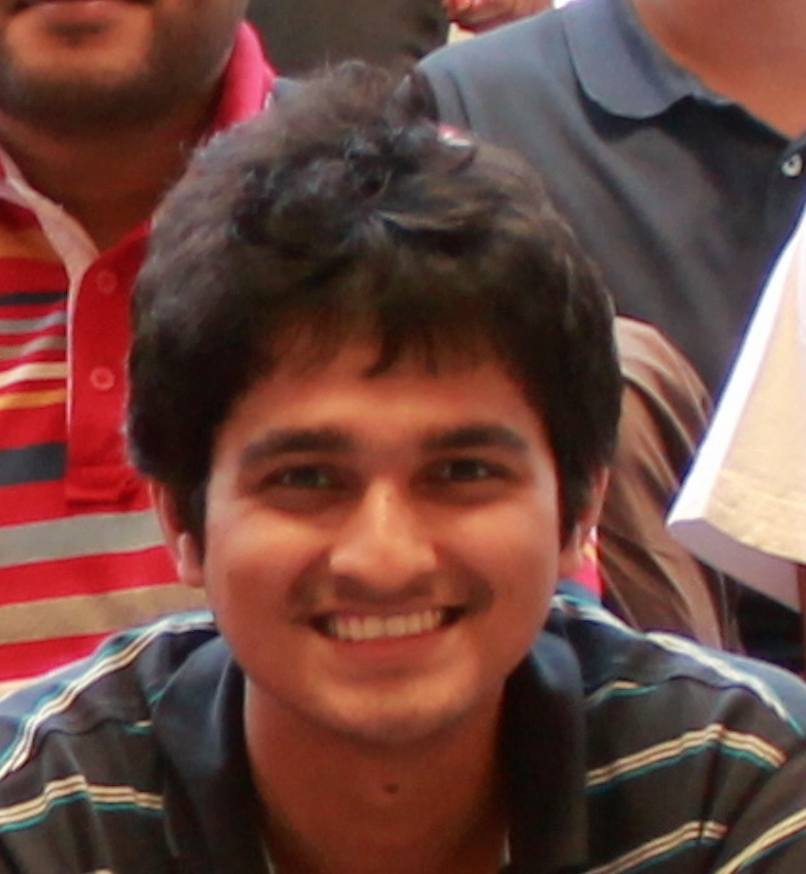Replicating the Wheel
15 Aug 2015Reinventing the Wheel is almost always used with a negative connotation. But does a manual on “All About Wheels” impart the same intellectual understanding as reinventing the wheel itself?
Now that we are talking about inventions, we need an example inventor to take the conversation ahead. I shuffled the lottery box and out came Faraday’s name. Faraday was hardly a mathematician. He knew very little math beyond basic algebra. However, many (including myself) consider him as probably the greatest engineer ever. He carried out tons of experiments around electromagnetism and built his own theory around it. He didn’t use the notations used by fellow peers. He talked & thought in terms of lines of forces, which was very different from the technical jargon then. Faraday created his own, very personal theory about electromagnetism from his experiments. He was the ultimate inventor.
So why do I talk about Faraday? He was certainly not reinventing the wheel in the metaphorical sense - or was he? Faraday did certainly replicate experiments from several of his peers. He didn’t just read about the several interesting experiments conducted by fellow scientists/engineers - but actually replicated them to get a personal experience out of it. Like Faraday, every engineer builds his/her own understanding of the world - this understanding is born predominantly out of his/her engineering experiences. Here’s the crux of my message today: Replication is not Reinvention. Let some graphs do the talking. Here’s pure reinvention:

A pure reinvention approach can possibly limit the amount of innovations one can do in a lifetime. Newton had famously said that he could see farther because he was sitting on the shoulders of giants. Newton might as well have “replicated” work of his peers, but avoided “reinventing”. Replication can be describted as the intrusion of existing literature into reinvention flowchart

As I go deeper into engineering, I have slowly started to discover the reasoning behind why certain tools/theories were invented. I can now thankfully understand the logic for the Laplace transform to exist. It’s a worthy experience - seems silly to articulate it, but it’s quite a philosophical experience: the moment when you can relate with the origin story of a particular branch of engineering. I might get a bit technical when I say this, but the first stack overflow, the first unstable controller, the first EMI noise are so much more edifying than the pile of text we all churn throughout our education.
To sum it up, while reinventing the wheel is not the best use of an engineer’s time, an investigation behind why the wheel had to be invented in the first place, is positively worth pursuing. I stand by the popular adage, with a light commentary of my own - Don’t reinvent the wheel, replicate it.
Tweetcomments powered by Disqus
